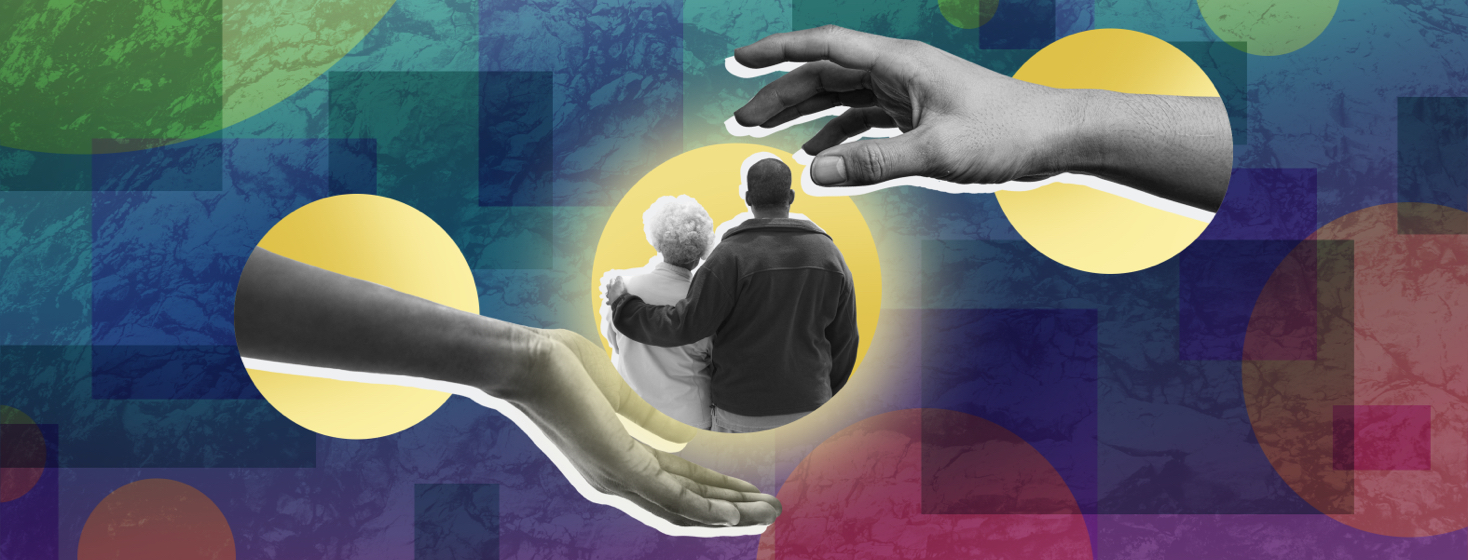When You Can't Be Physically There to Advocate
I came into the Patient Leadership Council as a contributing author and moderator for BladderCancer.net. I was honored to be my Mom's primary caregiver throughout her bladder cancer battle. The Covid Pandemic caused limitations to her care that are unconscionable and heartbreaking.
Getting appointments
Mom had always had urinary infections for as long as I can remember. She had been talking with her primary doctor about the urinary issues since they began worsening in 2019. I found dozens of prescription bottles for urinary tract infections, all with varying degrees of missing pills, and created a photo shoot of them on my Instagram. None of the meds ever helped her, and her urinary issues never fully went away.
Once the bleeding began, Mom got worried and began calling every specialist she could find. Mom found her appeals for help fell on deaf ears. Due to the pandemic and its associated lockdowns, doctors weren't seeing patients any longer. All non-emergency visits were put off. Mom couldn't get anyone to see her, and her regular MD also hadn't helped the matter to that point.
It wasn't until her bleeding was so heavy, and my stepfather began experiencing worsening pancreatitis from uncontrolled diabetes, that he drove them to the ER. It was there they discovered the tumor in Mom's bladder, and we were set up on the worst rollercoaster of our lives.
Only the patient can attend the appointment
We quickly and immediately decided I would be Mom's primary caregiver for this battle. My stepdad was working hours away, and my sister was busy with her roles as a mom and preacher's wife. But I was ready, willing, and able! The only problem was because of lockdowns, only the patient could go into appointments. I wasn't even allowed to wait in the lobbies. I had to wait in the car alone.
I realized we needed a system. I needed to be able to talk to the doctors directly. So I devised a plan: as soon as the doctor or nurse practitioner gets into the room, call me! This would enable me to speak directly with the care team, and importantly, hear the diagnosis or treatment plans directly from the team. Plus, since she would start the call, it wasn't a HIPAA violation.
The only problem: I never got Mom to do it. Not even once. She always "forgot" or was too overwhelmed to call her primary caregiver when her care team arrived. This is where I am clear her mental health was taking a serious beating. She couldn't even act or advocate for herself to get her caregiver in the room virtually.
Discharge paperwork and aftercare summaries
Fortunately, after a surgery or hospital admission, we were given a discharge paperwork packet. These were invaluable to me, the shut-out primary caregiver who was tasked with making it all work. This discharge paperwork included diagnoses, pertinent vitals, medication changes, and information on procedures and home care. There would also be a phone number to the department where she was discharged.
I used these packets to make judgment calls on her care and medications. I also called more than a few times to make sure new symptoms were not emergencies. These packets contain a goldmine for anyone who cannot be in the room where it happens!
By the time of hospital admissions, Mom was regularly giving my cell number to nurses and doctors on her team, with instructions to call and update me on everything. I wish we had been this successful with the initial treatments, appointments, and chemo instillations.
There's an app for that
Finally, Mom had a My Health app that had all of her information from the care team. We could get real-time updates as she was in the hospital with what was going on. Which is kind of bizarre, given that the patient is normally completely incapacitated in the hospital while their personal chart is getting updated in real-time.
I advise any caregiver to download their patient's healthcare app and, with your patient's approval, sign into their account. Become familiar with reading test results and sending messages to the care team via the app.
This may not be possible for everyone, but for an ailing mother and her son, it was a no-brainer.
Heart to heart
While there were so many hiccups to Mom's bladder cancer battle, one thing that never wavered was our love and connection. Mom knew she was safe with me, she knew she could say anything and I would support, not abandon her. She admitted to me, while she lay dying in bed, that I was the only person in her life she had this connection with. This made me so unbelievably sad that our family could fail her--fail us--like that. I couldn't believe it. But there we were.
We had many difficult heart-to-heart conversations in those months. The result is we were of one mind. When doctors or nurses were talking to me, they were talking to her desires, wishes, and hopeful outcomes.
If you have to be trapped in a nightmare, you want to be there with this kind of connection, certainty, and confidence.

Join the conversation